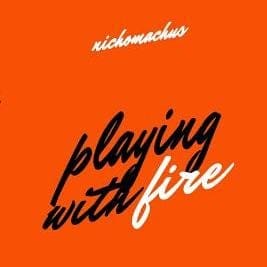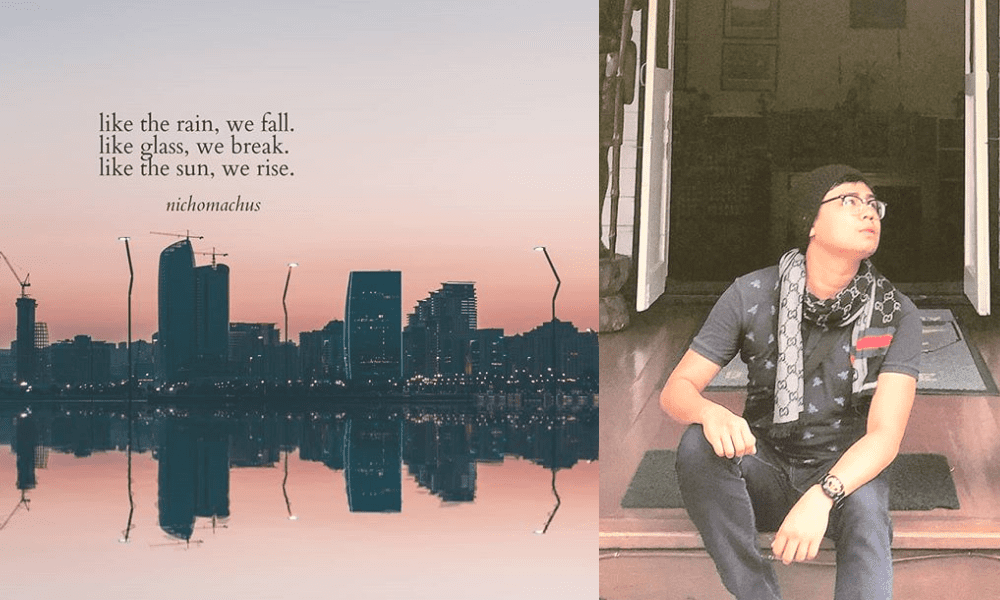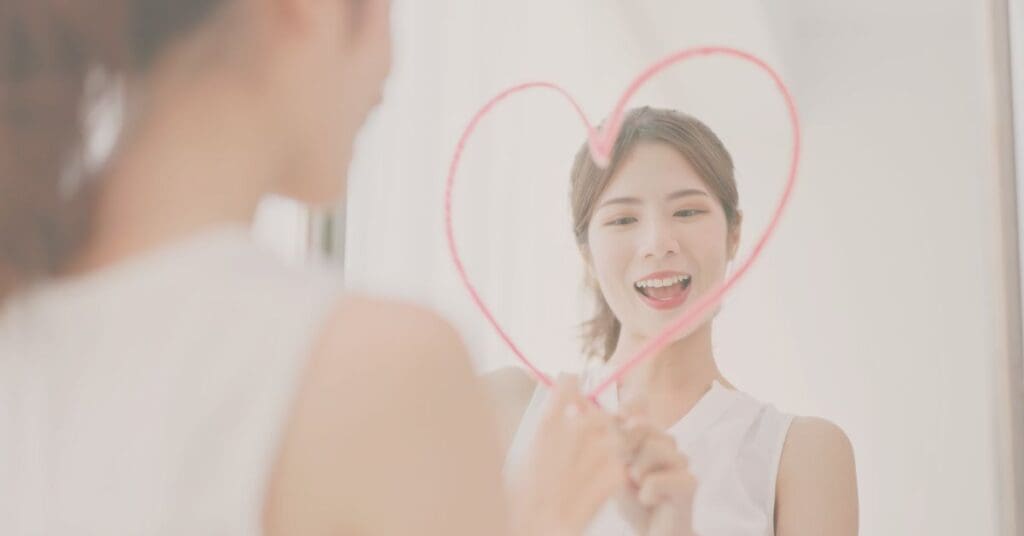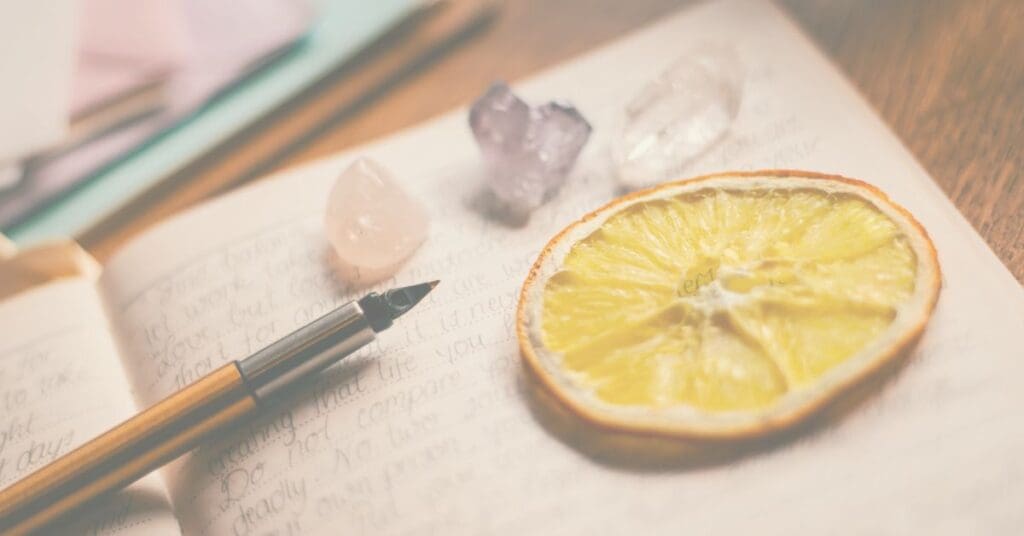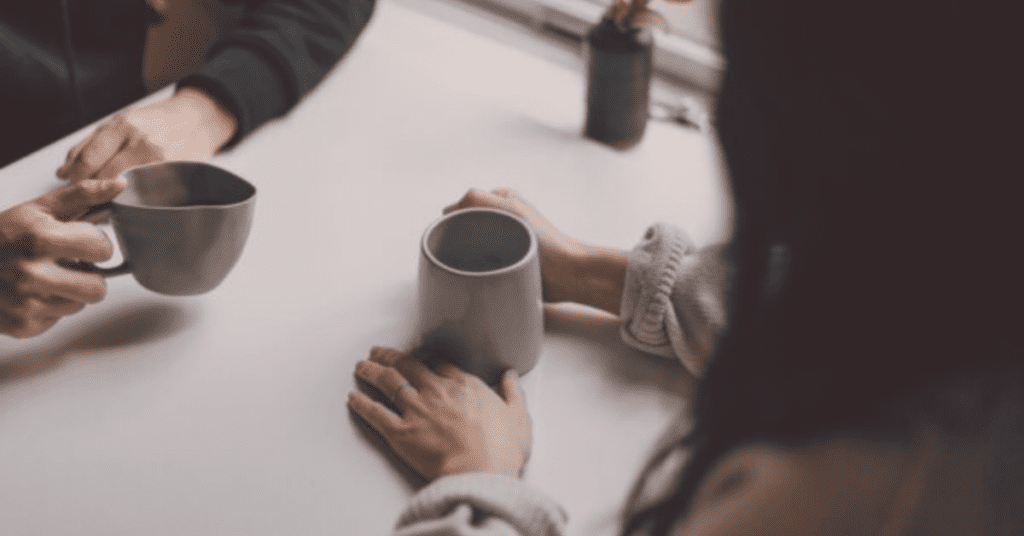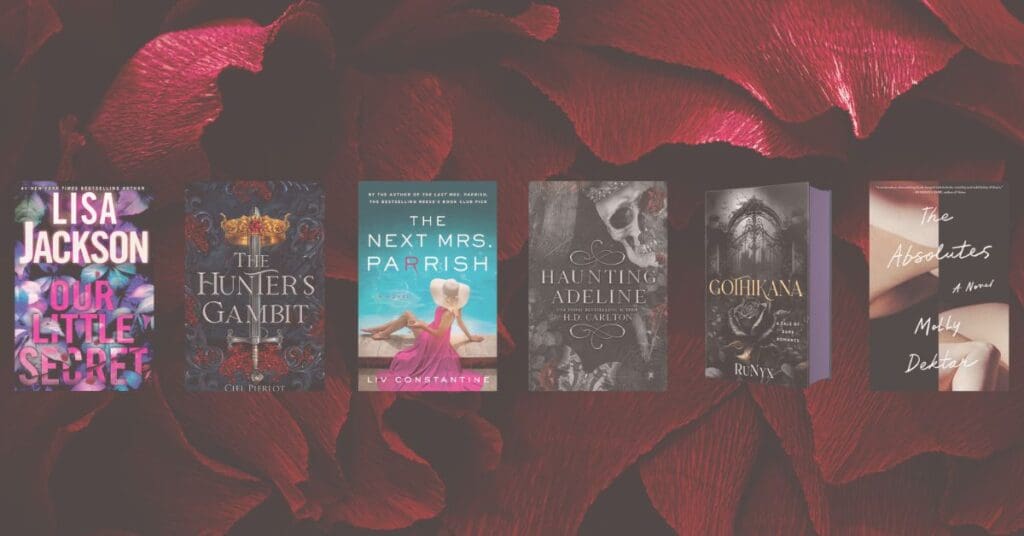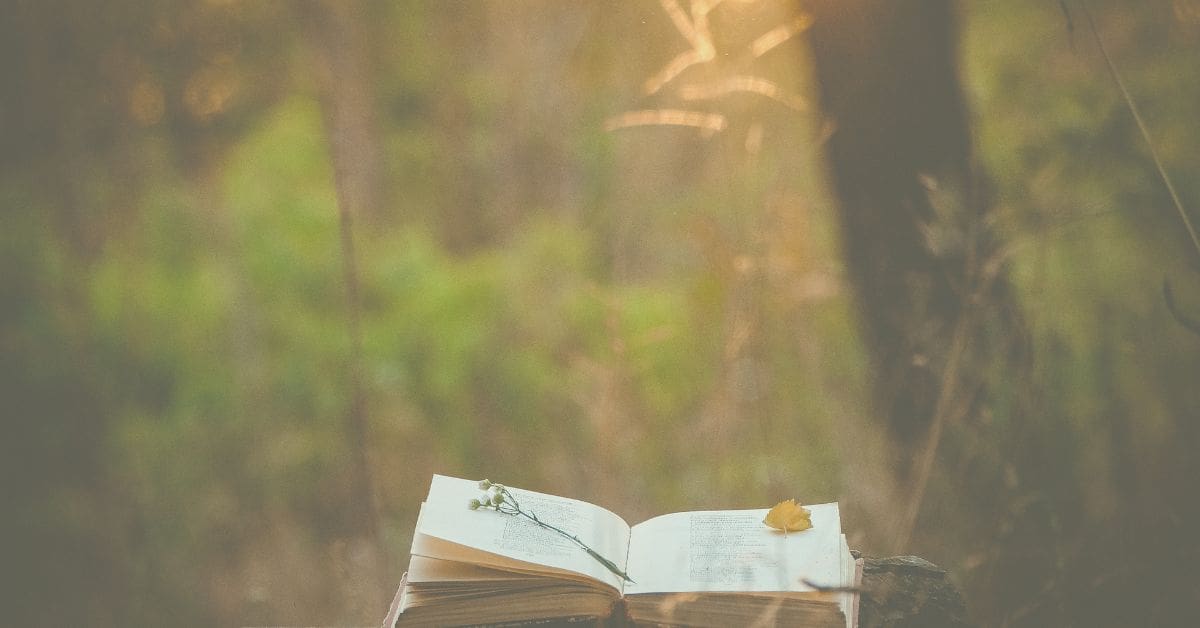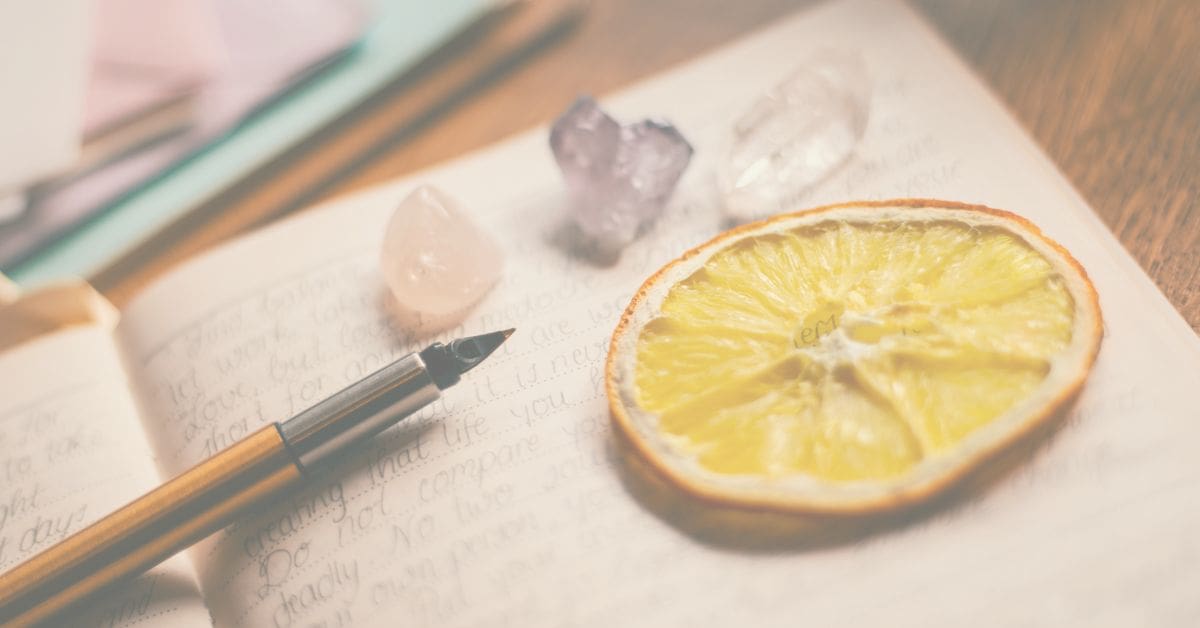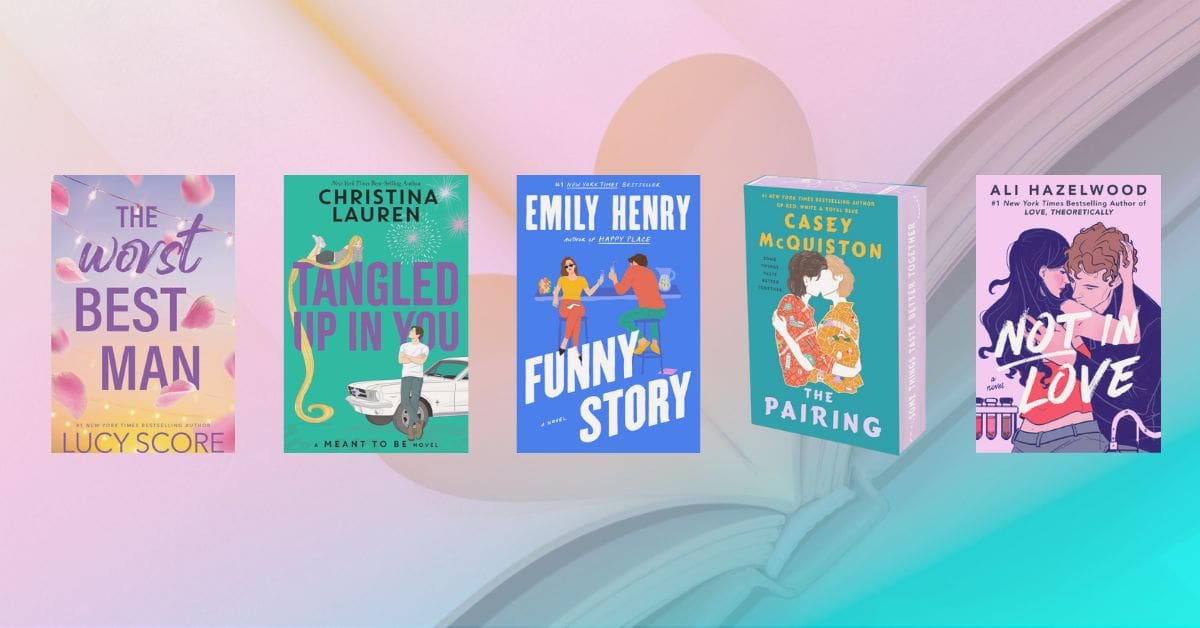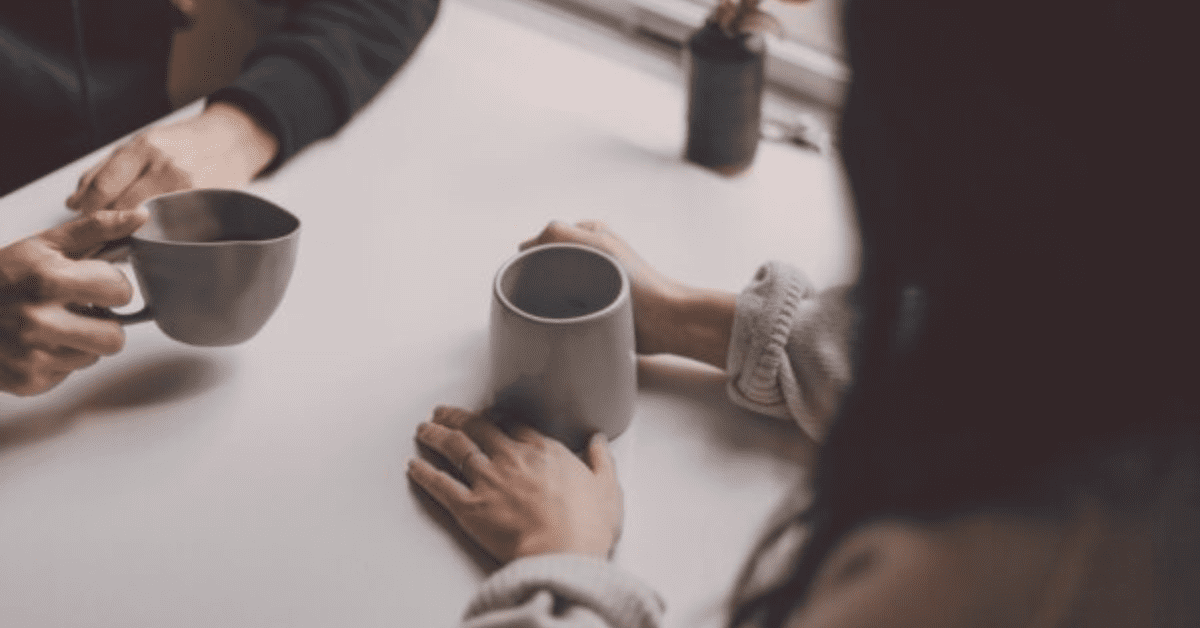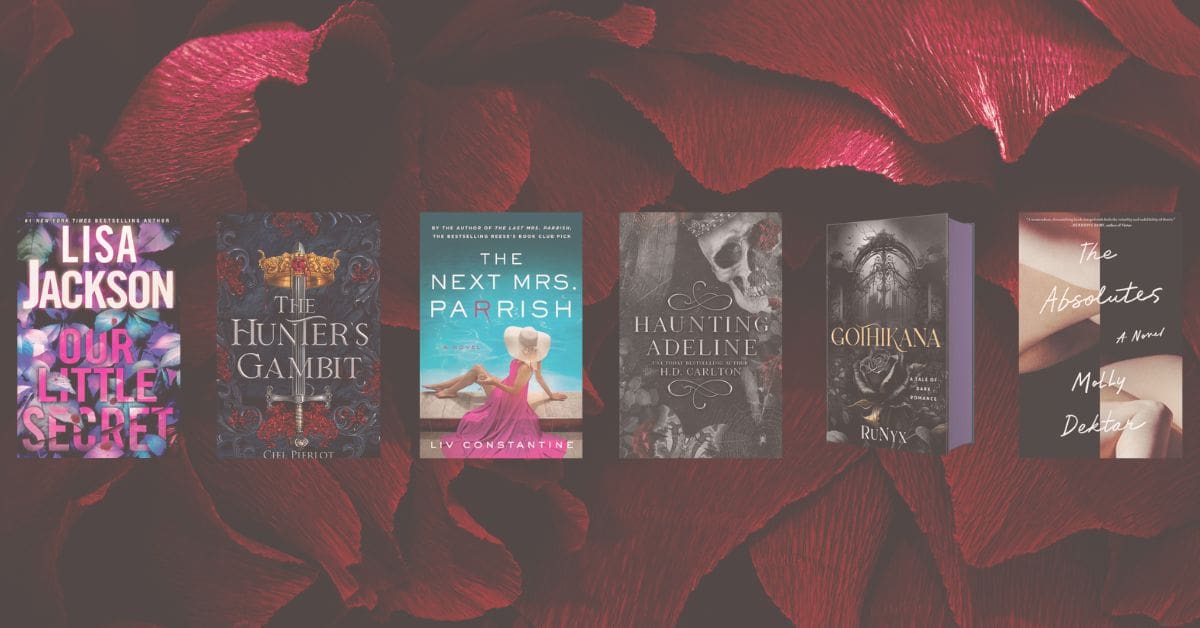We got to know Nichomachus and how he navigates life as a modern indie poet. Nichomachus is the independent author of playing with fire and beer, cigarettes, regrets.
We learn more about Philippine Literature, the relationship between his two books, and lessons through self-publishing. Nichomachus’s use of language is authentically refreshing. We know you’ll take away some gems from @iamtheweirdpoet.
little infinite: When did you know poetry would be the writing outlet for you? What there a magic moment when you fell in love with this form? Introduce us to your journey to poetry and how you got to where you are currently.
N: I’ve read this epic from one of our native authors in Philippine Literature, Francisco Baltazar, the author of Florante at Laura, here in my country and actually enjoyed it! I thought poetry was boring because of all the rules on metre, rhythm, and rhyme but it wasn’t. Everything was amazing! I also read poems by José Rizal, like, ‘Mi Piden Versos’, and ‘Sa Aking mga Kabata’ written in the early 1900s. These are the moments where I fell in love with poetry and thought that I should give it a try! It was difficult, but I learned that throughout the process, authenticity and imagination were keys to writing a great poem. I actually started with writing a traditional form of poem, with stanzas and four lines and rhymes, then moved to writing haikus, limericks, and sonnets. It was really difficult, but enjoyable to the extent that I would write almost every day. Then I found out about free verse poetry, which focuses more on expression without the restrictive rules of traditional poetry, and continued my journey there until of course, I found, micro-poetry, or as most labeled it, pop poetry.
“It was difficult, but I learned that throughout the process authenticity and imagination were keys to writing a great poem.”
– Nichomachus, @iamtheweirdpoet
li: You are the independent author of playing with fire and beer, cigarettes, regrets, congratulations! What is the biggest difference between these books? How did the creative process differ writing your second book versus your first?
N: Okay so actually, ‘Playing with Fire’ and ‘Beer, Cigarettes, Regrets’ are related to each other. ‘Fire’ is focused more on life, self-love, and a touch of heartbreak, which were mostly writings that I compiled from 2014 to 2016. As contrast to ‘Beer’, this one is focused more on my inner self and someone I’ve loved so much, and the dark secrets and the things that I’ve kept to myself from the moment of the terrible heartbreak that I had, combined with my mental health, as well as the regrets that I have. ‘Beer’ is more honest, vulnerable, open, and, to some of my friends, ‘painful’ because of the pieces written there. It’s also a compilation of the pieces I’ve written from 2014-2018, during those moments when I would get drunk all night in a bar, get in a fight, etc. All that because of a cursed heartbreak. While the first one was easy to write, the second was the most difficult of all.
li: What was the most surprising lesson you learned in the process of publishing? Why?
N: Well, as a self-published author, there are a lot of things I learned. First is to handle rejection well, because prior to choosing self-publishing, I went to publishing houses to have my work published but got rejected several times. It was awful, but it helped me grow. Secondly, you have to understand the process of editing and formatting your manuscript! It’s the most stressful thing ever!
li: What is your creative process like? Do you stay structured with a schedule or more flexible? Walk us through your workflow.
N: Well, I don’t really have a schedule or anything like it. The spark to write just comes to me in a surprise and then you’ll find me writing something again (though at most, I find myself better at writing when I’m drunk). At times, however, my creative spirit starts ticking either at 11 or 2 midnight but usually, I just write it down whenever I feel like I had to.
li: You have cultivated a community on Instagram of over 42,000 people. We talk a lot about vulnerability in poetry here at little infinite. What motivated you to take the next step and put your poetry on social media? What we’re the challenges in that step?
N: Ahh this was one of the challenges! I started off sharing it to my personal account on Instagram and was so afraid of being judged. I got rejected in my school before and I was afraid of getting the same reaction.
Most people who read my poems told me that I was being too emotional, or too romantic that I lose a sense of rationality, or that I just wanted to get attention. I was like, “What?” I shared little by little and made a tiny website for it on WordPress. Then I found a poetry page on Instagram and got a positive response, and it started there.
li: What types of poems do you find spark discussion most on your posts? What topics do you find your audience responds strongest to?
N: They usually respond to epigrams, and long (love) poems as well. My readers engage in posts about poems that talk about a love that remains positive in spite of the pain. Though most of my poems are actually about love and pain, I think what they always wanted to read is about a poem on the love that keeps going, growing, and glowing in spite of all the broken glass that surrounds it.
li: How did you find your aesthetic as a poet? Do you find it consistently changes? What is your best piece of advice for an up-and-coming writer who is taking the step to share their poetry on social media?
N: Well, as for the aesthetic, it just came into me. And you’re right that it really changes from time to time, though sometimes I feel like I need to keep the aesthetic as it is (plain, simple, minimal), because we have to focus more on the sensation of the words, than the visual aspect.
As for my advice, I think the first thing to do is to assess yourself. If you’re not ready, then do not do it. Give yourself time, but don’t be too afraid that it stops you from doing what you want to do. Do not focus on who will like, hate, or love your writings, just focus on expressing yourself, and trusting that yourself that you can do it, and everything will just come pouring naturally.
li: What artists or poets influenced you most throughout your writing journey? Why?
N: The artists that have influenced me are more coming from my own country, like José Rizal, and Baltazar. They’ve influenced me in the way that they’ve written the poems—the sincerity, and the emotion and wisdom that unveils in every word used. I’ve written a lot of traditional poems before and up to this day, but to keep the pace, I also had to try writing things like what today’s poetry era: pop poetry. I’ve also encountered Pierre Jeanty, Lang Leav, and Rupi Kaur, but I haven’t really read their books, except that I’ve seen their work on social media as well, and found them beautiful, too.
li: What does “Poetry for Life” mean to you?
N: ‘Poetry for Life’ for me, means making poetry an indispensable tool in making human living more human, in a sense that since as human persons today, we lose grip of what we really are, we lose track of what it is to be creative, to be vulnerable, to be authentic, poetry is quintessential in reviving what were lost in us, the things that are innate—love, kindness, and honesty.
To keep up with Nichomachus, be sure to follow him on Instagram (@iamtheweirdpoet.)
Shop This Article:

